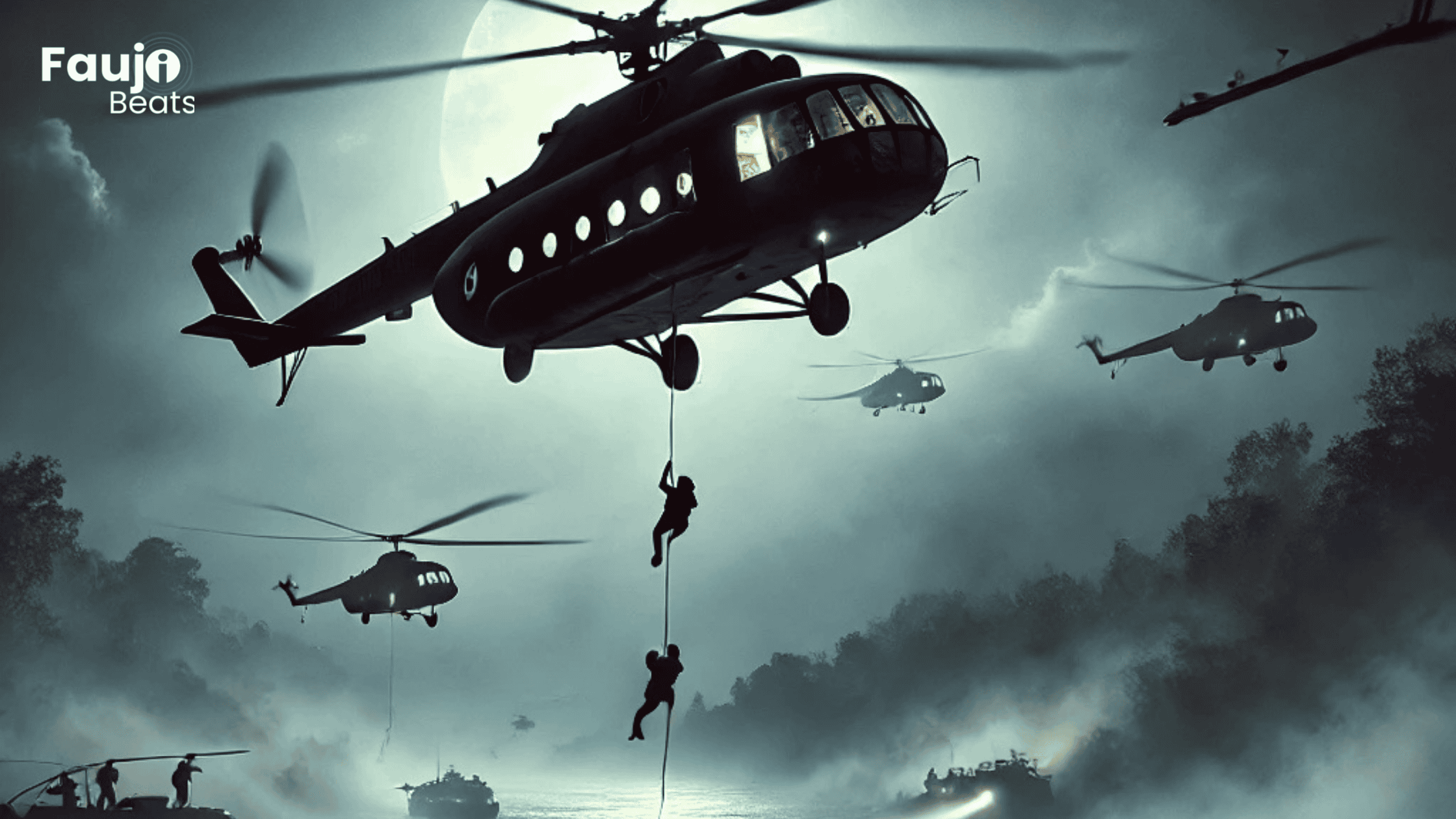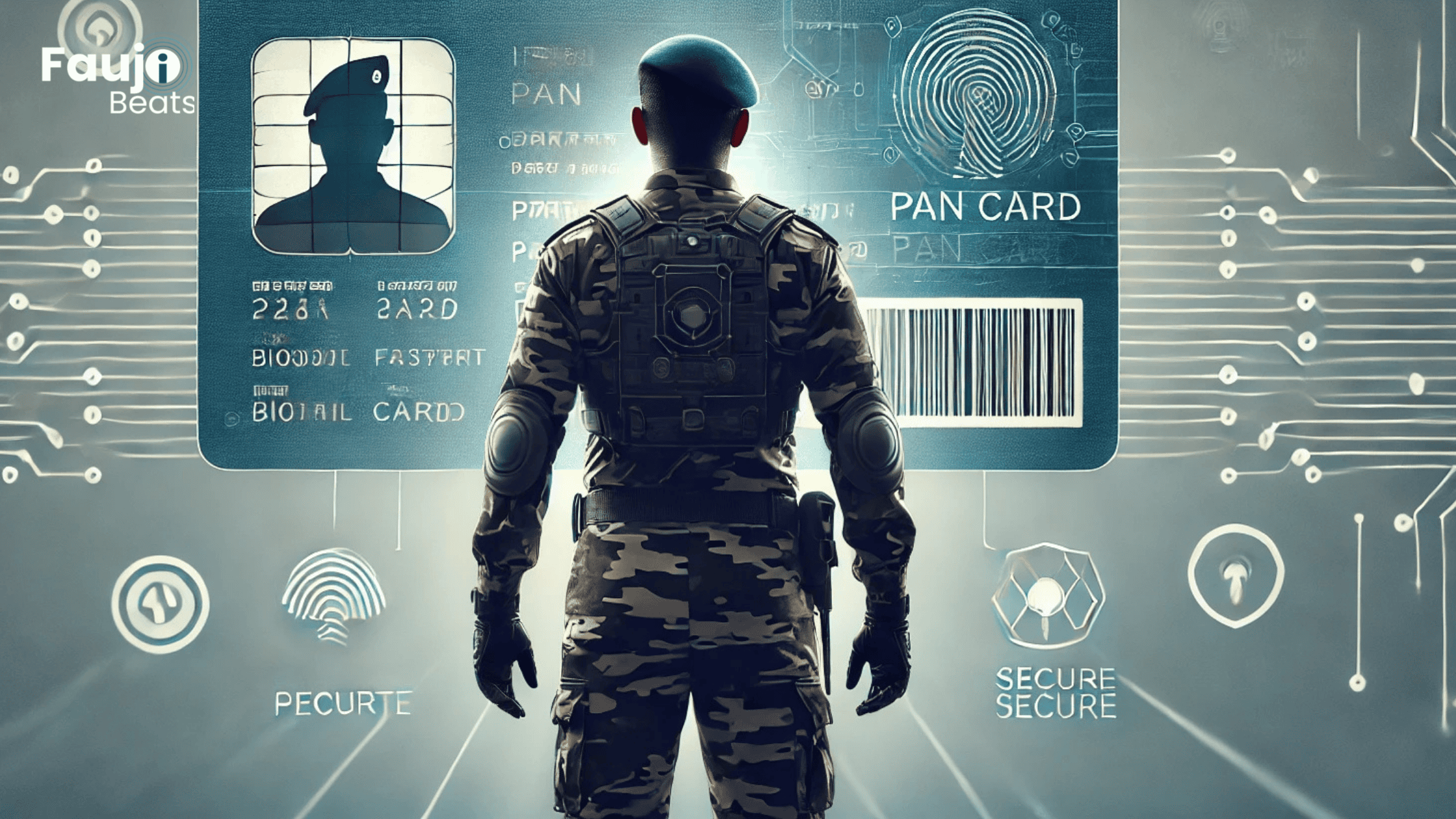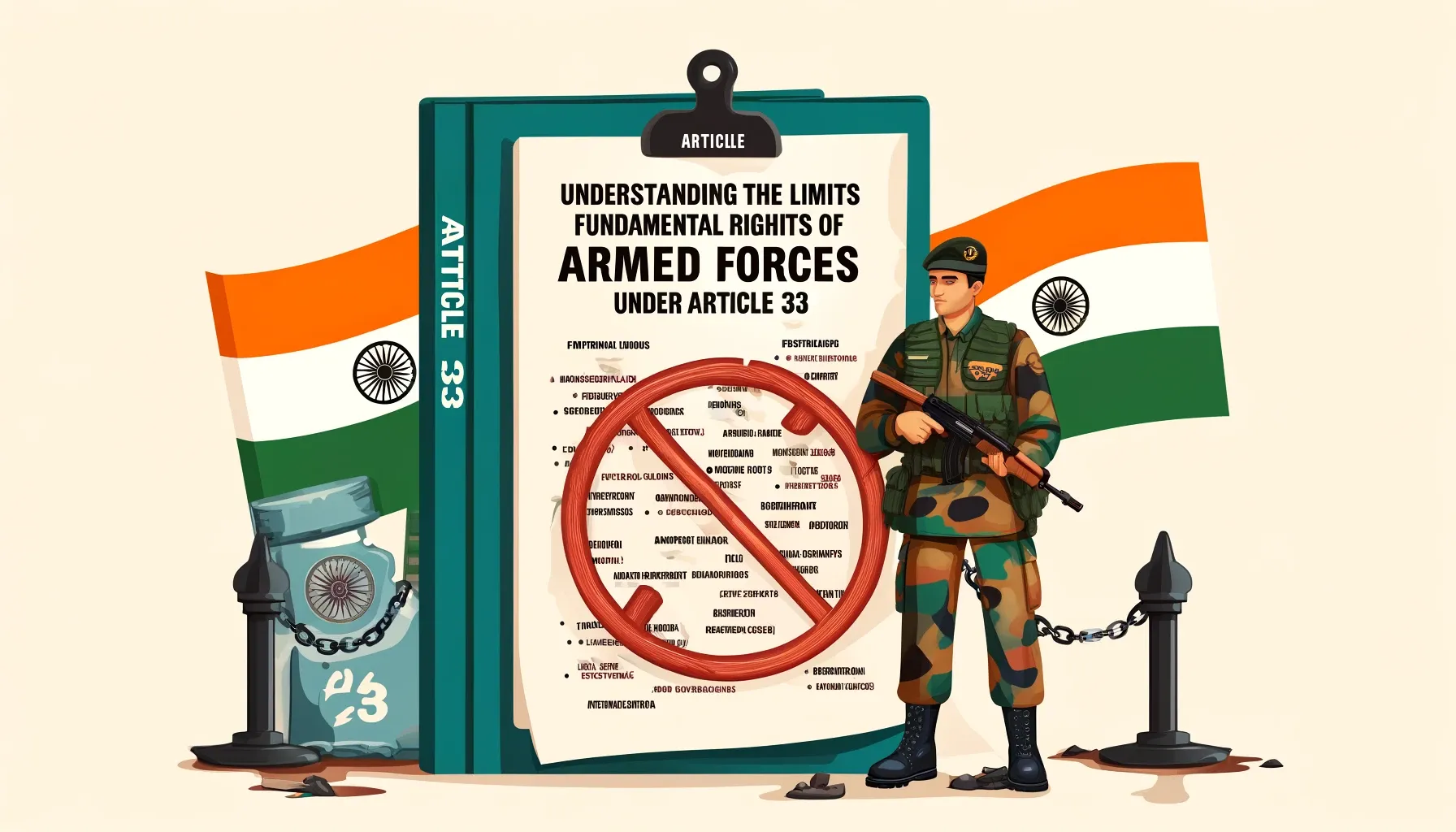Understanding the Limits on Fundamental Rights of Armed Forces Under Article 33
Imagine you happen to meet your serving fauji friend while he is posted, and you invite him to join a political club, Can he join?
Let's understand
Article 33 of the Indian Constitution vests Parliament with the power to modify or even revoke the fundamental rights of individuals serving in the armed forces, police, intelligence agencies, and similar entities. This authority is crucial to ensure that these personnel fulfill their responsibilities effectively while upholding strict discipline.
What is in Article 33?
The essence of Article 33 is about ensuring operational efficiency and discipline within these critical services. This legislative power rests solely with the Parliament, excluding state legislatures from making such determinations. Notably, any laws made under this Article that limit basic rights are immune to judicial scrutiny.
Even non-combatant members of the military, like barbers, carpenters, and cooks, fall under the scope of this Article, emphasizing its broad application.
Which All Fundamental Rights are Curtailed?
Article 33 allows the central government to create rules restricting specific rights for people covered by this act. These restrictions can only apply "to such extent and in such manner as may be necessary." Here are the limitations the government can impose:
- Military personnel may be prohibited from joining trade unions, labor unions, or certain types of societies or associations.
- Attending or speaking at political rallies or demonstrations might be restricted.
- Communicating with the media or publishing books, letters, or other documents could be limited.
Legislation such as the Army Act of 1950 and others grants the central government the authority to enforce these restrictions effectively.
Why Limit Rights in the Armed Forces?
The restrictions under Article 33 are deemed necessary due to the unique and critical nature of the duties performed by the armed forces and related agencies. Ensuring discipline and preventing any potential conflicts of interest or distractions that could arise from the full exercise of fundamental rights are paramount for the successful execution of their roles in national security and public safety.
Supreme Court also acknowledges that such measures are seen as necessary for maintaining the integrity and discipline essential for the security functions these personnel perform.
So, the answer is No, your friend can't join this political club while he is serving in armed forces.
Jai Hind!
Related Articles
 General
General
 General
General
 General
General

